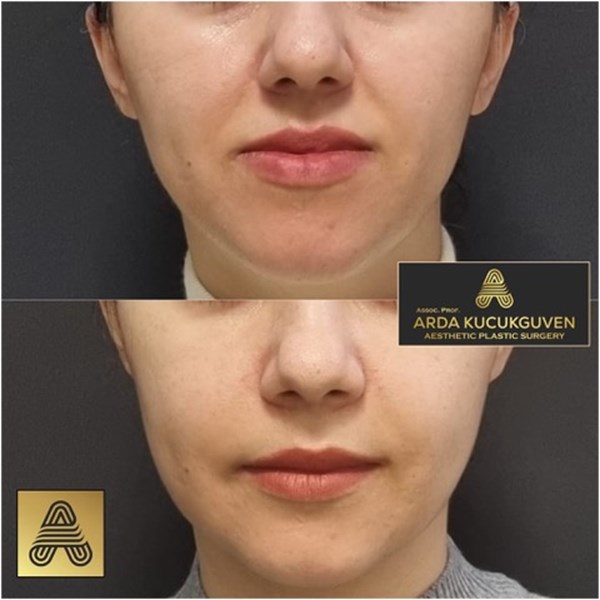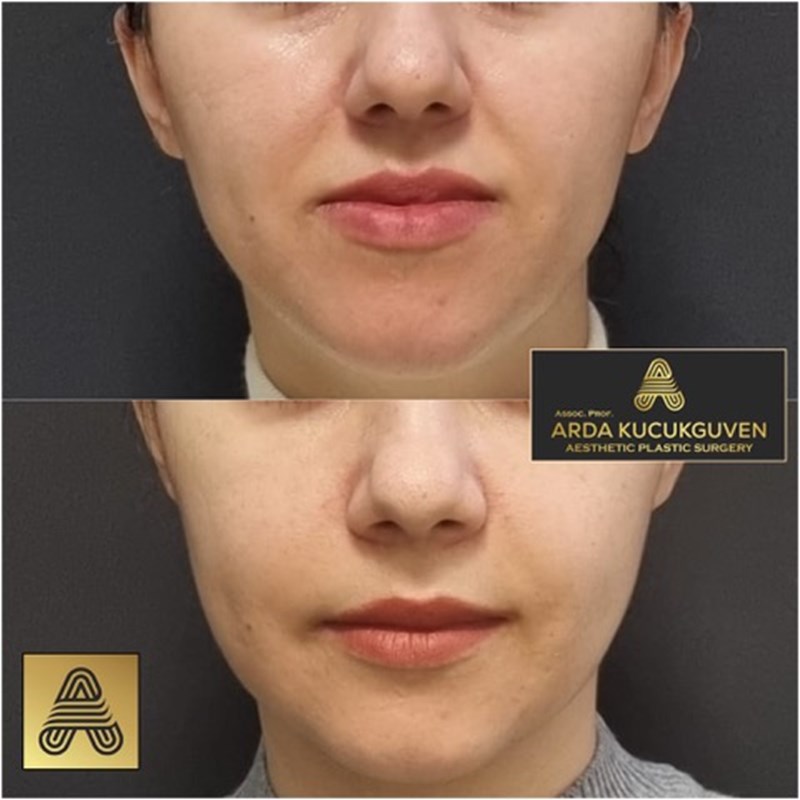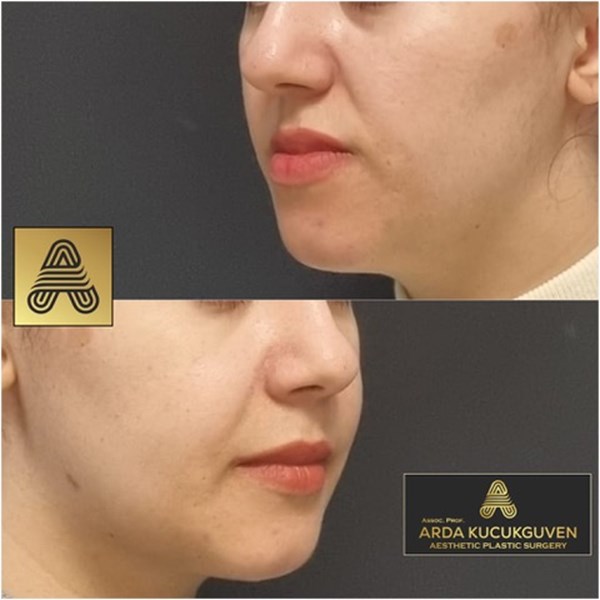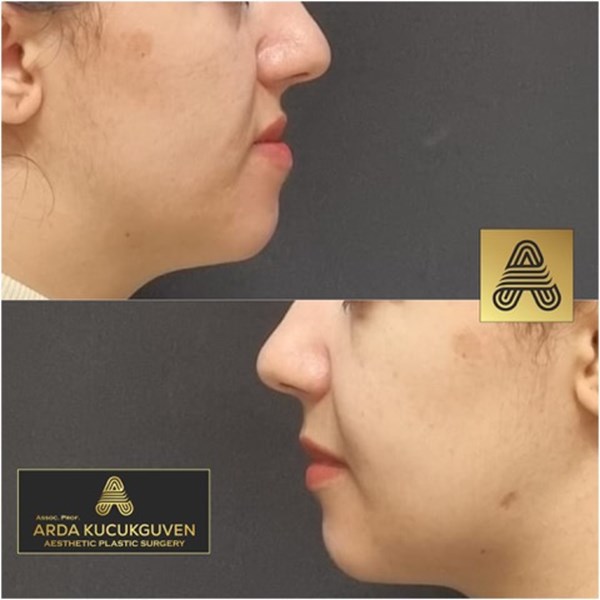
What is Jaw Surgery?
Jaw surgery, also known as orthognathic surgery, is a corrective procedure performed to address abnormalities or irregularities in the jawbones and facial structure. It is typically recommended for individuals with conditions such as misaligned jaws (malocclusion), skeletal discrepancies between the upper and lower jaws, or congenital facial deformities. Jaw surgery aims to improve facial aesthetics, restore proper function, and enhance overall oral health.
| Procedure Time | 3 hours |
| Overnight Stay | Yes |
| Gym | 1 month off before returning to the gym |
| Anaesthesia | General |
| Full Recovery | Typically 3 months, but varies among individuals and depending on surgical techniques used. |
| Time Off Work | Usually 3 weeks, depending on the nature of the patient's job. |

How does Jaw Surgery Work and What are the Benefits?
During the procedure, the surgeon makes precise cuts in the jawbones to reposition them into proper alignment. Depending on the specific needs of the patient, the surgery may involve repositioning the upper jaw (maxilla), lower jaw (mandible), or both. In some cases, bone grafts or surgical plates and screws may be used to stabilise the repositioned jawbones. It is common to perform genioplasty as an additional procedure, in which the chin is shaped by making cuts in the bone.
The benefits of jaw surgery include improved facial symmetry, enhanced bite function, alleviation of jaw pain or dysfunction, and correction of speech or breathing problems associated with jaw abnormalities, so it is suitable for patients seeking aesthetic and/or functional improvements to the jaw.
Before and Afters



Book a consultation
If you're interested in Jaw Surgery and would like to know more about how it could work for you, book a consultation today.
FAQs
Jaw surgery, or orthognathic surgery, can correct various conditions affecting the alignment and function of the jaws, including overbite, underbite, open bite, crossbite, and facial asymmetry. It is also used to treat conditions such as temporomandibular joint (TMJ) disorders, sleep apnea, and congenital facial deformities.
While jaw surgery is a significant procedure, discomfort is typically well managed with pain medication prescribed by your surgeon. Most patients experience some degree of swelling, bruising, and temporary numbness in the treated areas, but these effects gradually subside as the healing process progresses.
In most cases, orthodontic braces are used before and after jaw surgery to align the teeth and ensure optimal bite function. Pre-surgical orthodontic treatment helps to position the teeth in preparation for surgery, while post-surgical orthodontics fine-tunes the bite and occlusion for long-term stability. Your surgeon can discuss these braces with you in your consultation.
The results of jaw surgery are typically permanent, as the procedure involves repositioning the underlying skeletal structures of the jaws. It's essential to maintain good oral health and follow any post-operative instructions provided by your surgeon to ensure long-term stability of the results.
Jaw surgery is typically performed using intraoral incisions, meaning that incisions are made inside the mouth and are not visible externally. This technique minimises the risk of visible scarring on the face or jawline.
Who Will Perform the Procedure?
Dr. Arda Kucukguven is a highly skilled European Board-Certified dual-trained plastic and maxillo-facial surgeon specialising solely in facial aesthetic surgery.
Dr Küçükgüven has worked as a consultant plastic surgeon at the famous cranio-maxillo-facial centre at Hacettepe University Hospital in Ankara, Turkey for 6 years. During his time here his specialist interests included research into facial anatomy, facial rejuvenation surgery and complex facial reconstruction.

Book a Jaw Surgery Consultation
Enter your details here and Jayne, our practice manager, will be in touch to schedule your consultation.

